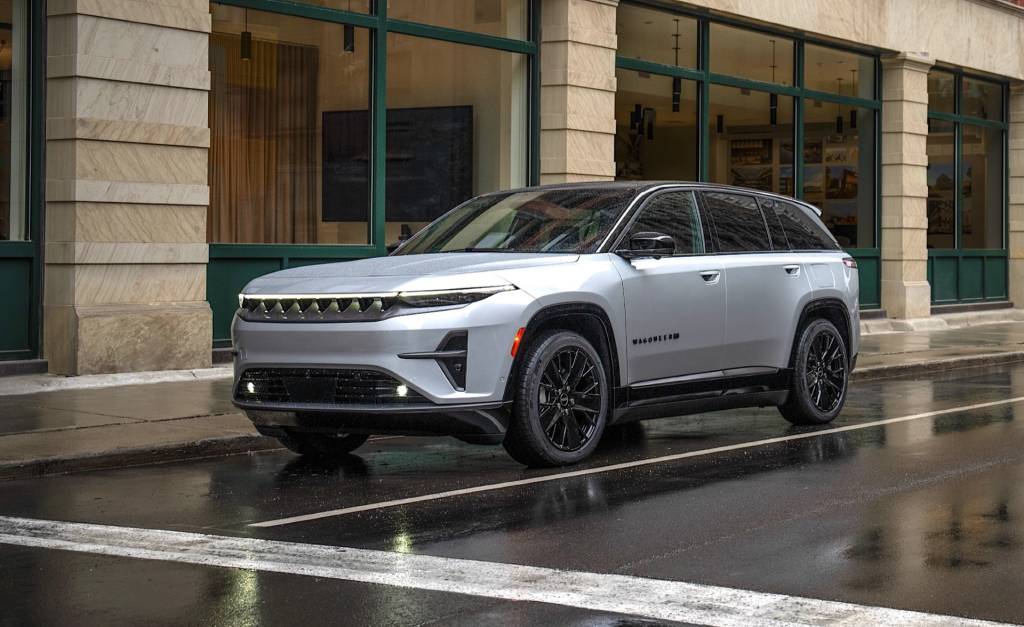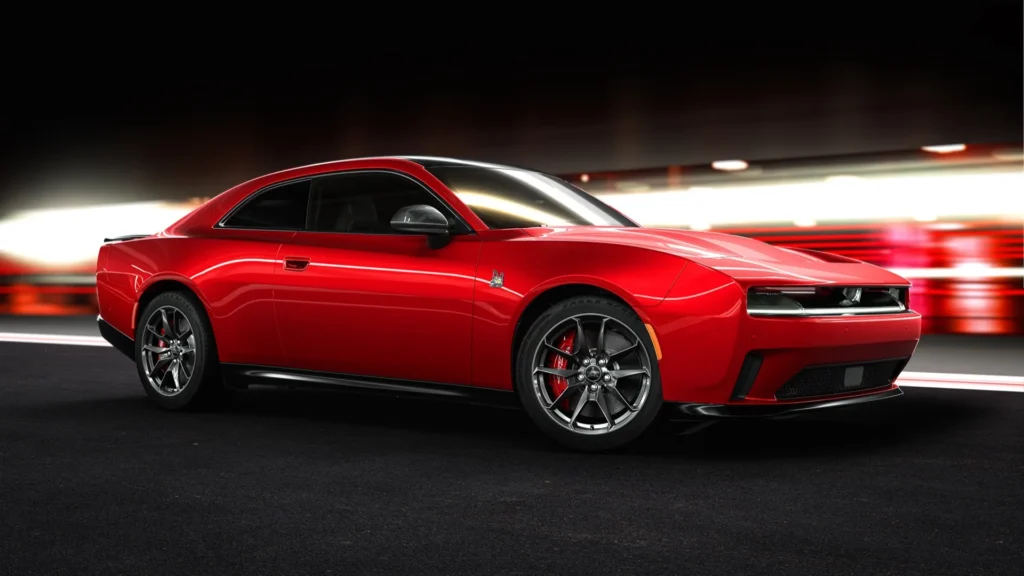- $7.5B loan to boost battery production in Indiana
- Targeting 67 gigawatt-hours of annual capacity
- DOE loan follows successful model used for Tesla
The Department of Energy has announced a potential loan of up to $7.5 billion to Stellantis and Samsung SDI for expanding battery production in Indiana.
The loan approval process is expected to be completed before the end of the current administration, with the incoming President expressing reservations about the initiative to enhance electric vehicle manufacturing, as reported by Reuters.
If finalized, the loan will support the construction of two battery plants in Kokomo, Indiana, as part of the StarPlus Energy joint venture between Stellantis and Samsung SDI. The first plant is expected to commence operations in 2025, followed by the second plant in 2027. These facilities build upon the longstanding partnership between the companies, dating back to the Fiat 500e project that also utilized Samsung SDI battery cells.

Stellantis and Samsung SDI have set a goal of achieving 67 gigawatt-hours of annual production capacity in Indiana. Additionally, Stellantis is collaborating with LG Energy Solution on a plant in Canada to reach over 45 gigawatt-hours of capacity. Meanwhile, Samsung is working with General Motors on a separate battery plant in Indiana.
In a related development, the DOE has also indicated plans to provide a loan of $334.8 million to Stellantis for converting its Belvidere Assembly Plant in Illinois for electric vehicle production, along with $250 million for EV drive module production at existing Kokomo facilities, according to Reuters.

Recently, the agency has also approved a conditional commitment for a $6.6 billion loan to Rivian, supporting the construction of the automaker’s second assembly plant in Georgia and ongoing development of its mid-size EV platform.
The loan program overseeing these initiatives was originally established to promote energy-efficient vehicle production. Notably, Tesla’s early success was attributed to a loan received under this program, which was fully repaid in 2013.
While no new awards were granted during the previous administration, the application process was refined in 2019. The current administration has expanded the program’s scope to include various technologies and sectors, such as medium-duty and heavy-duty vehicles, trains, aircraft, and hyperloop technology, as part of the Infrastructure bill and Inflation Reduction Act.

